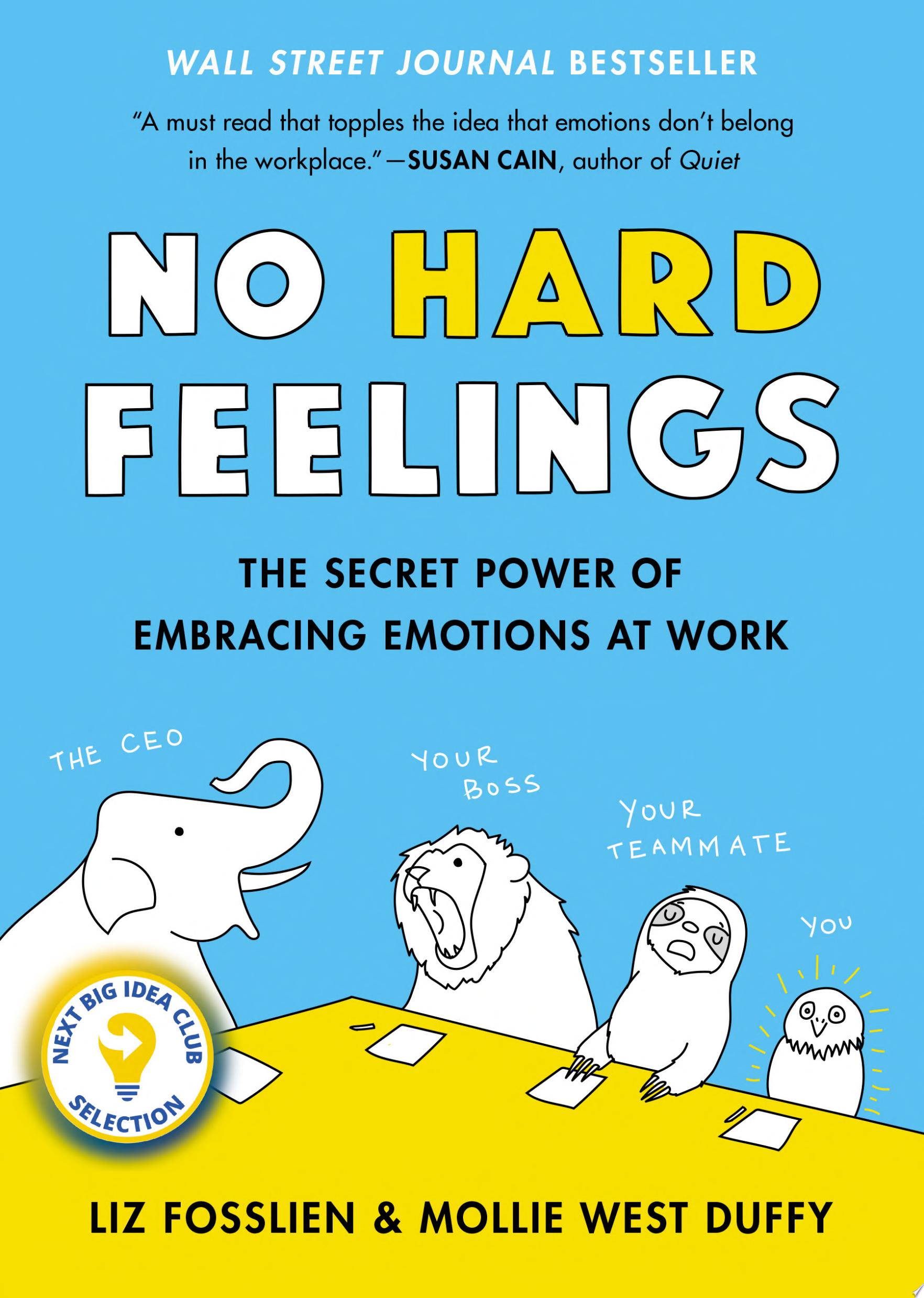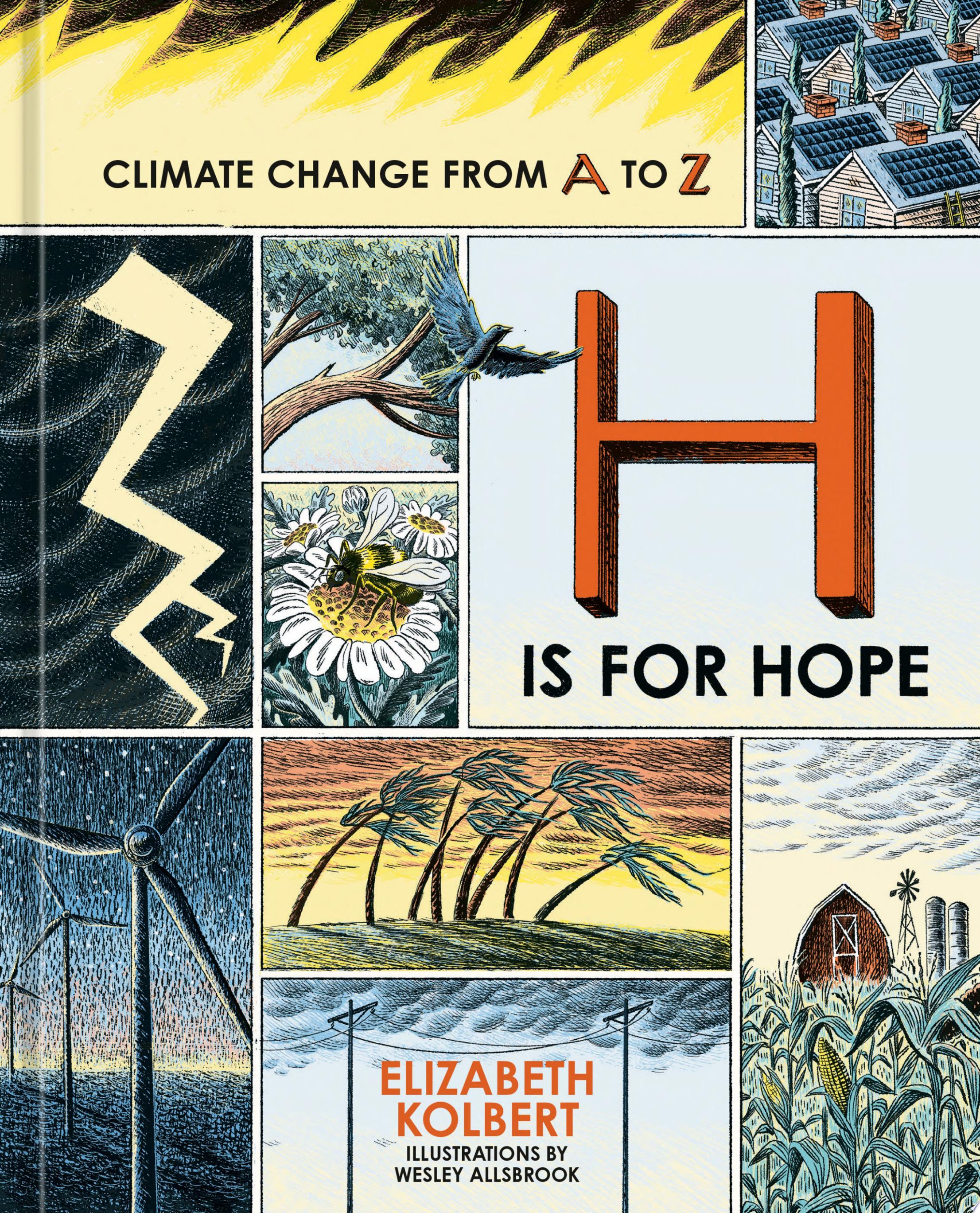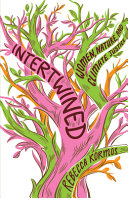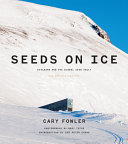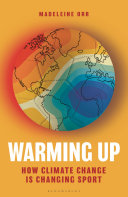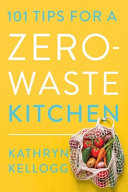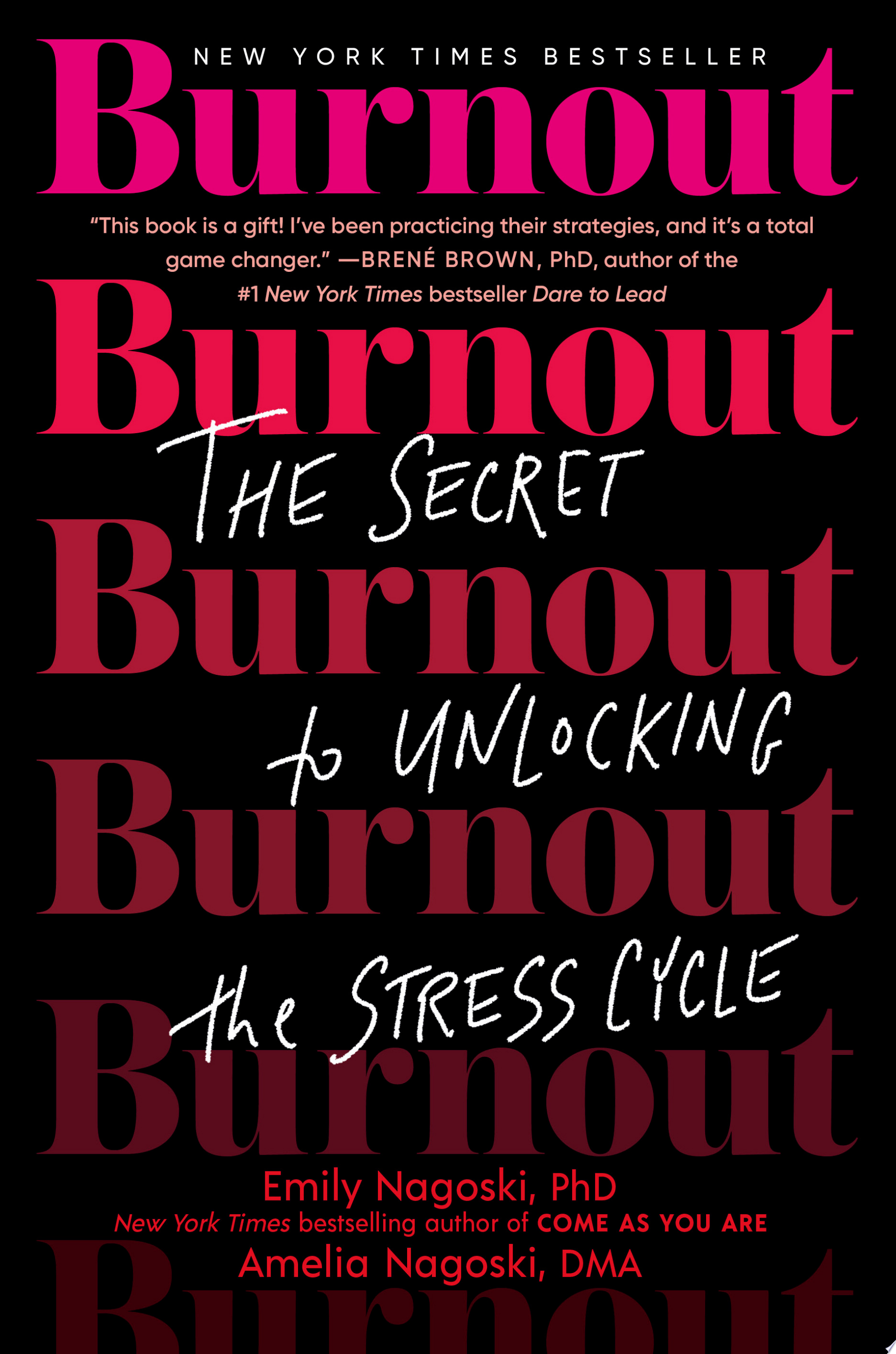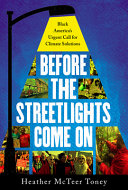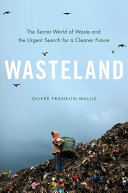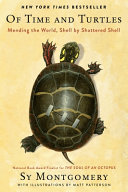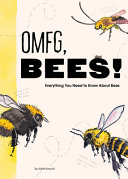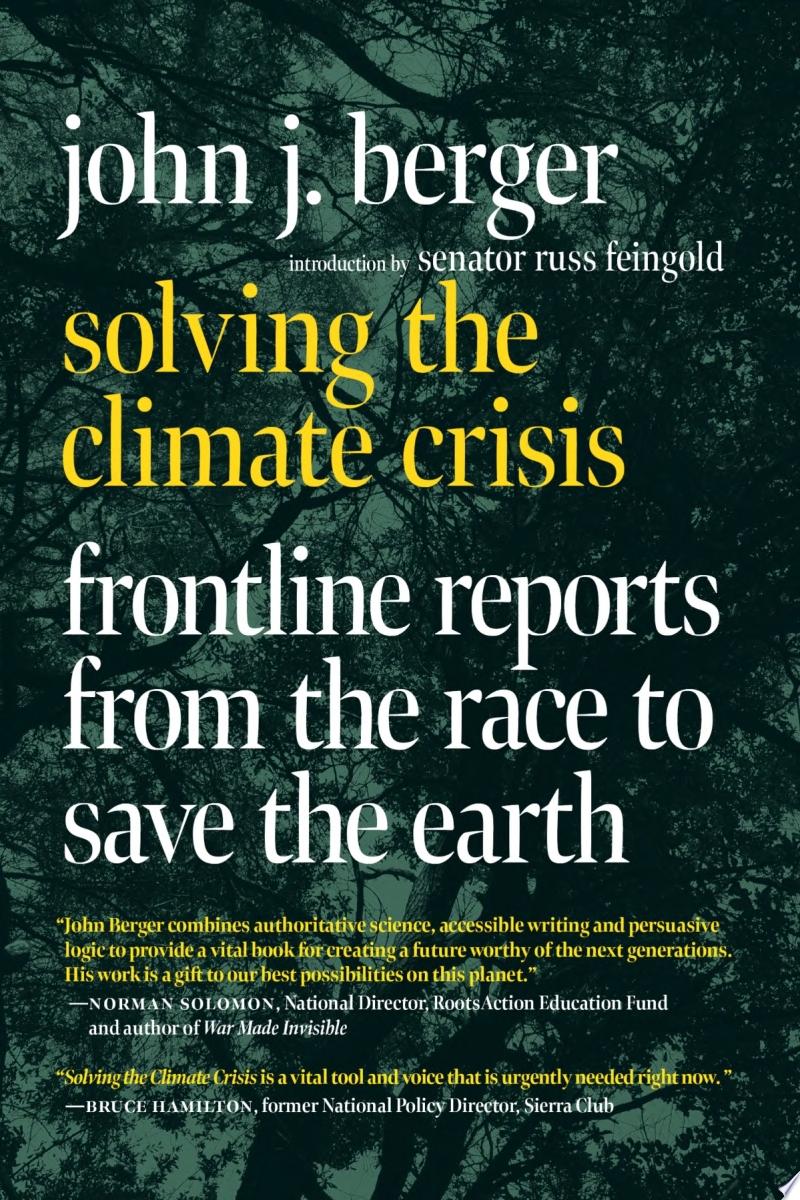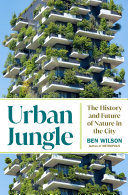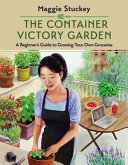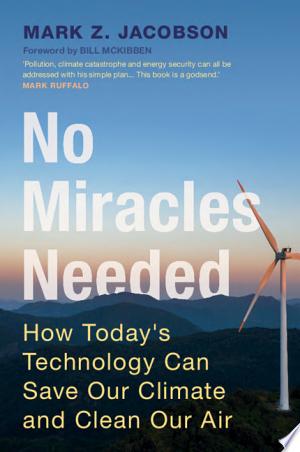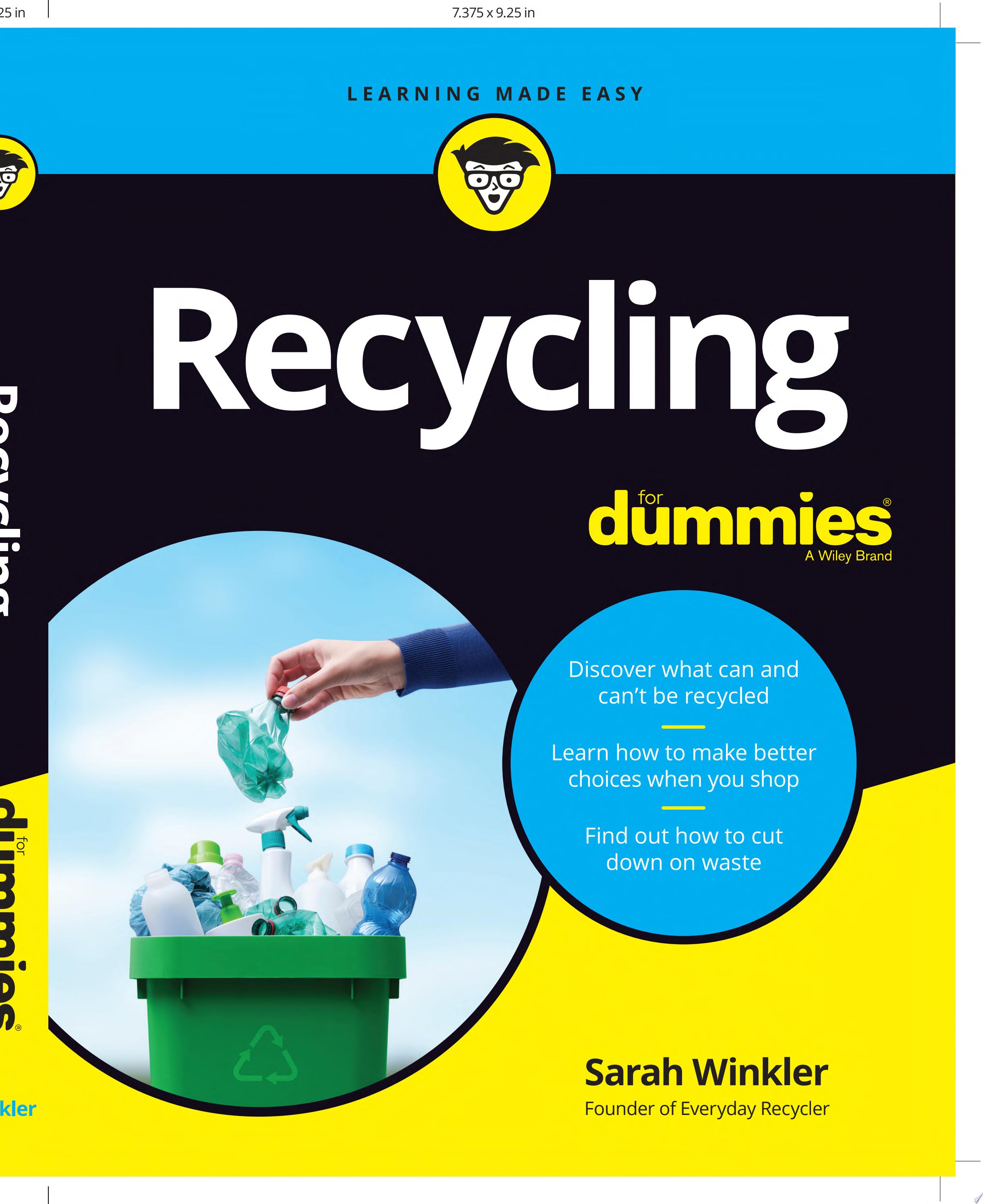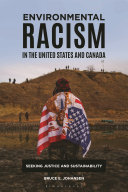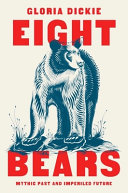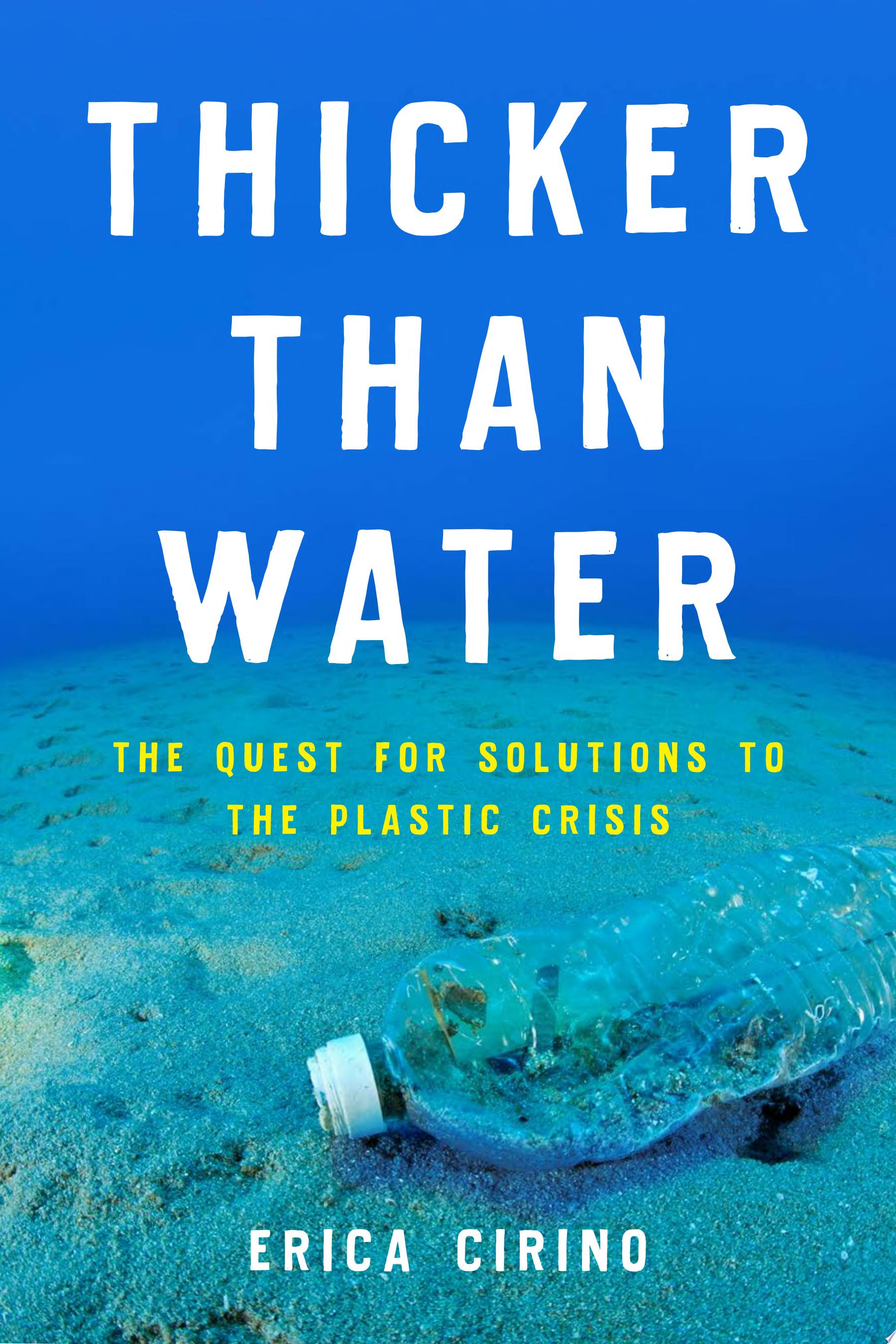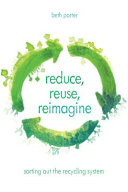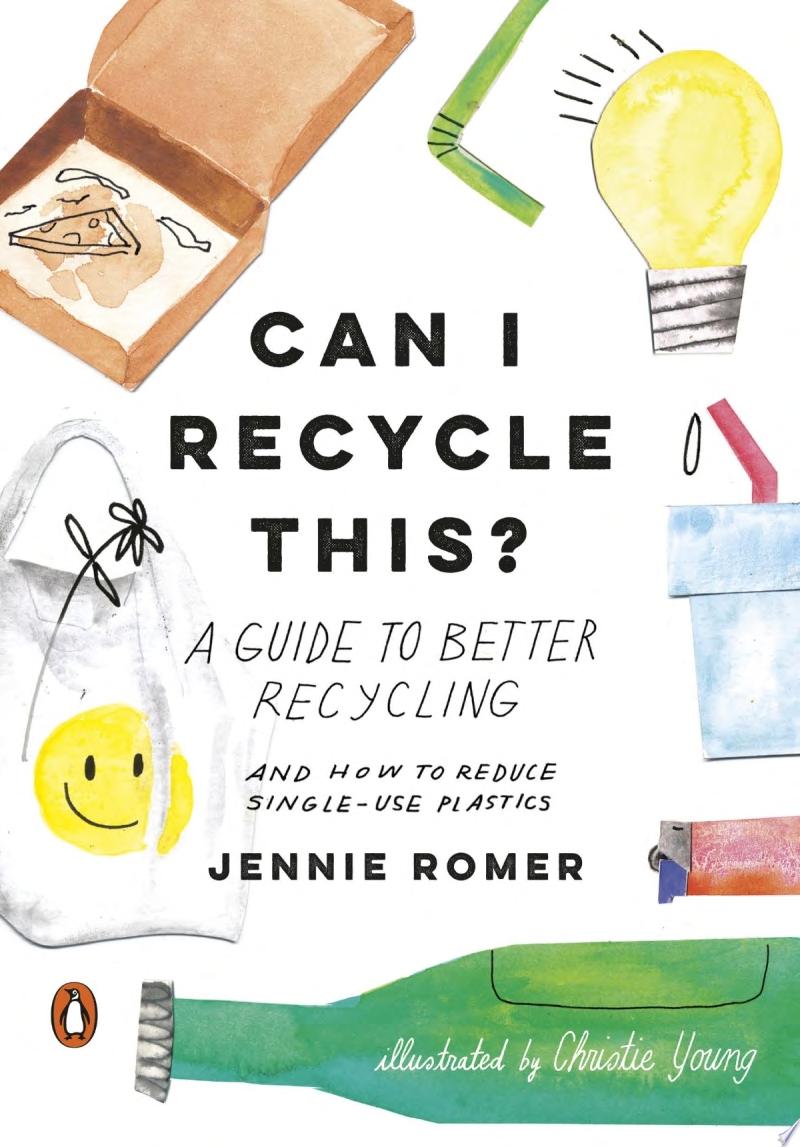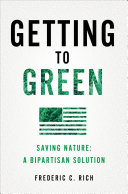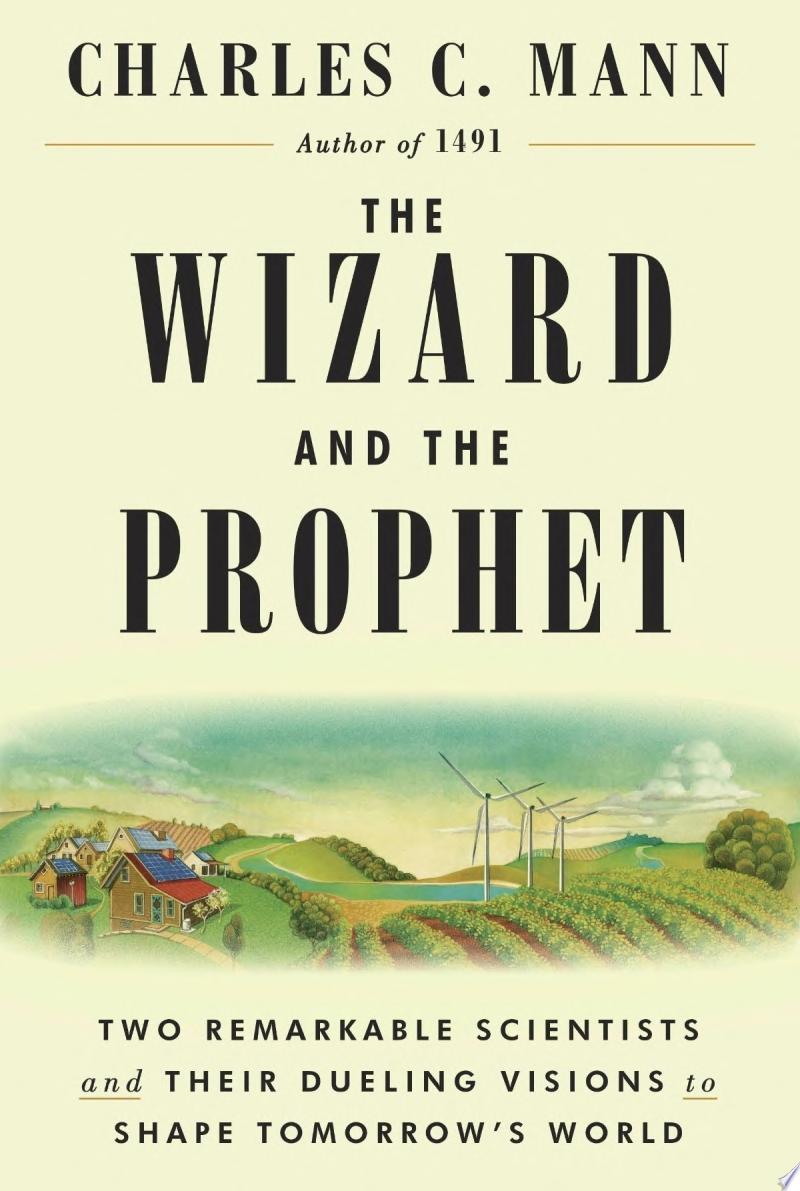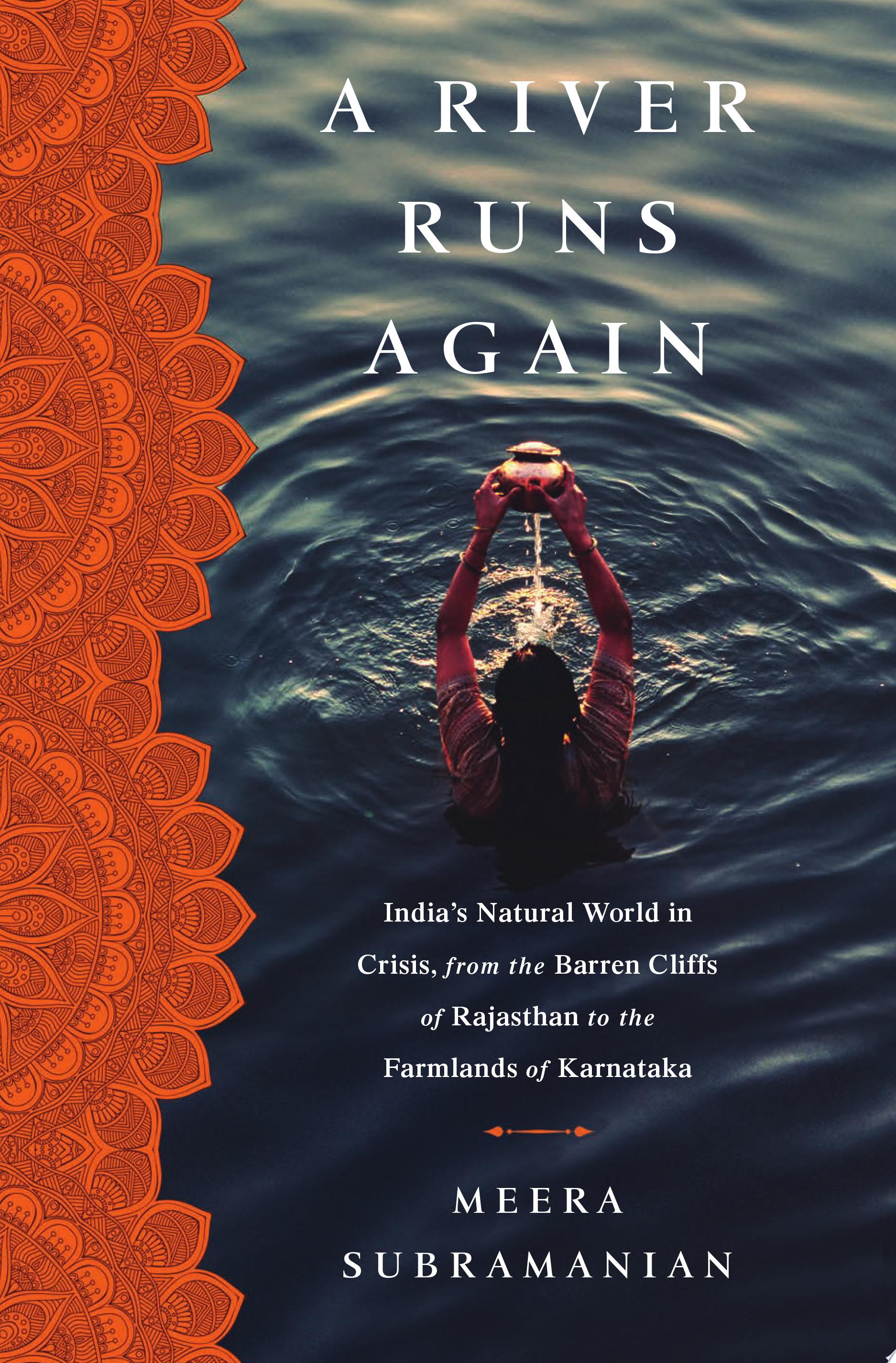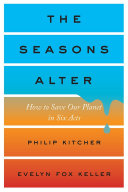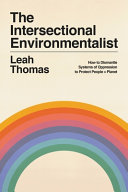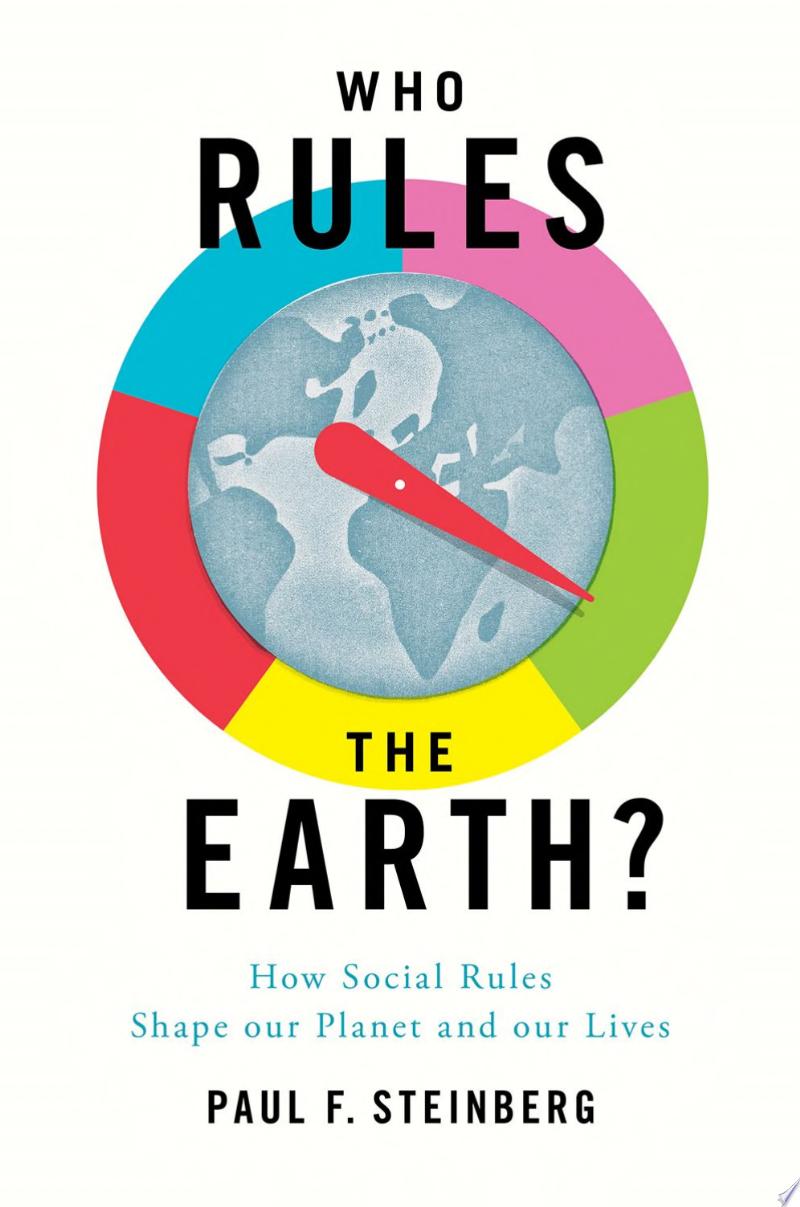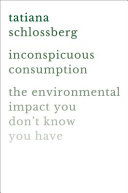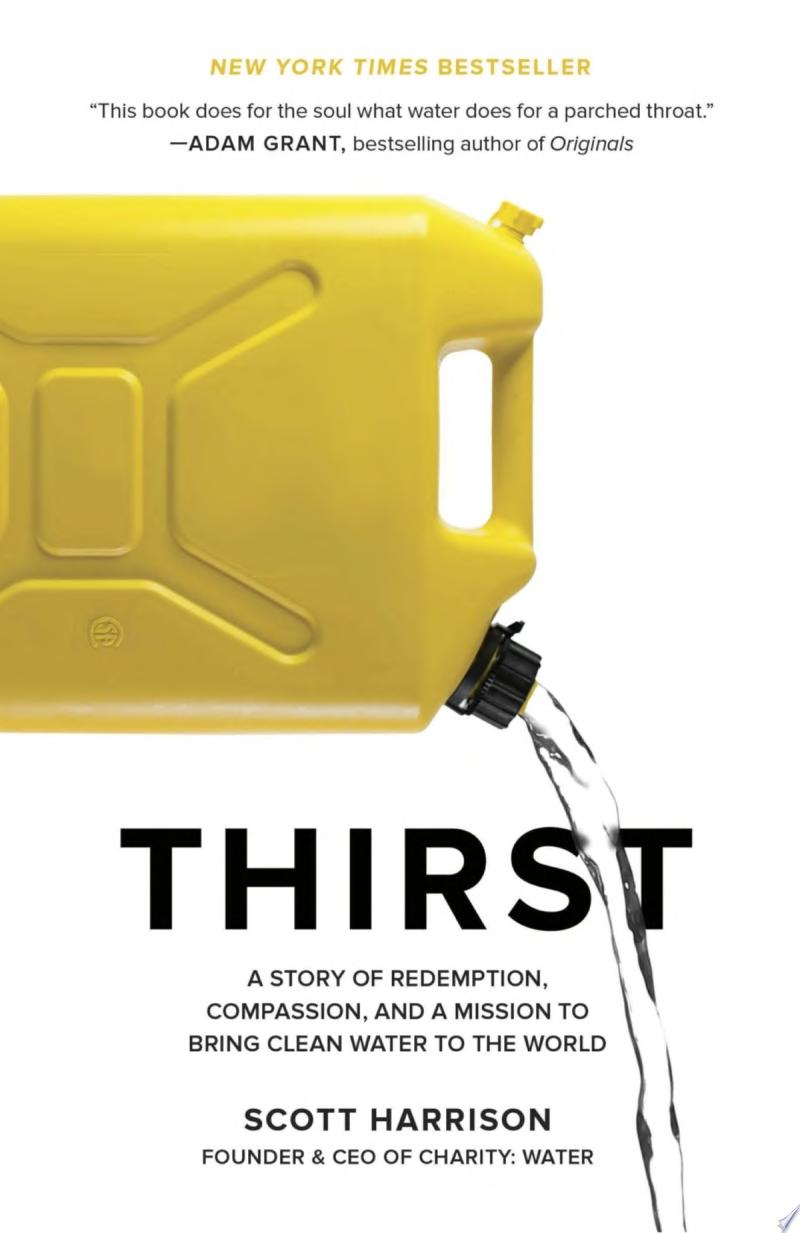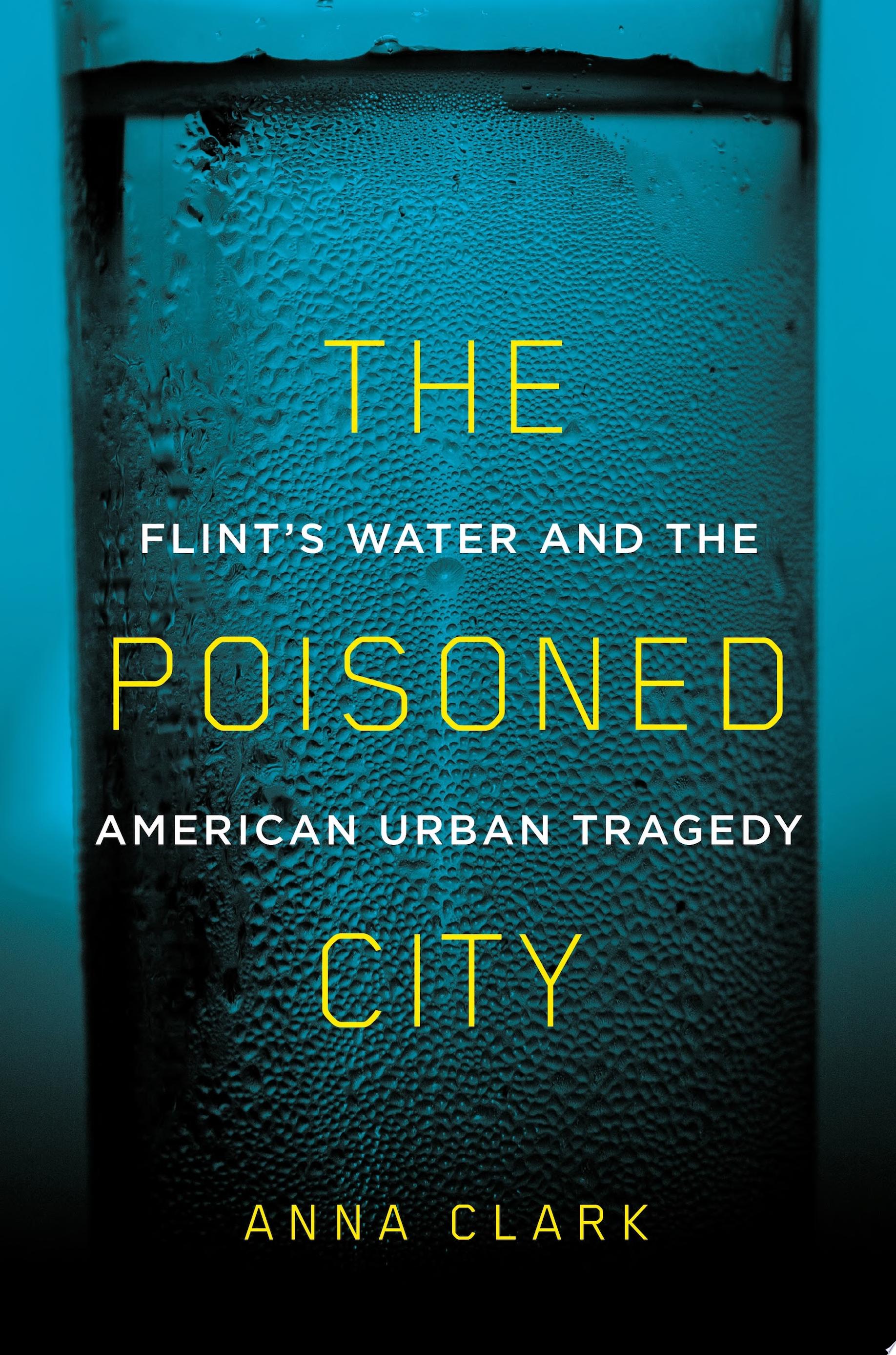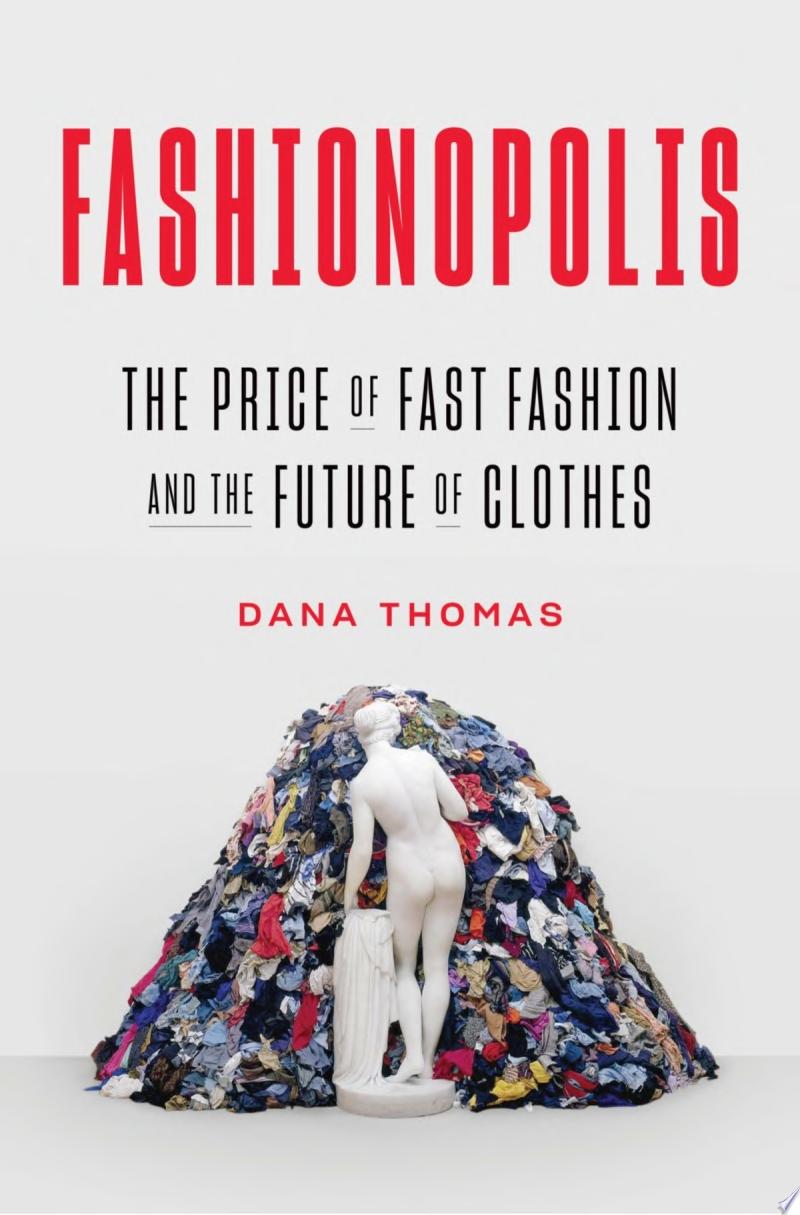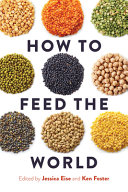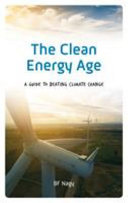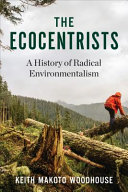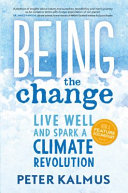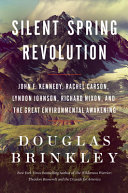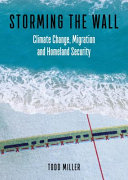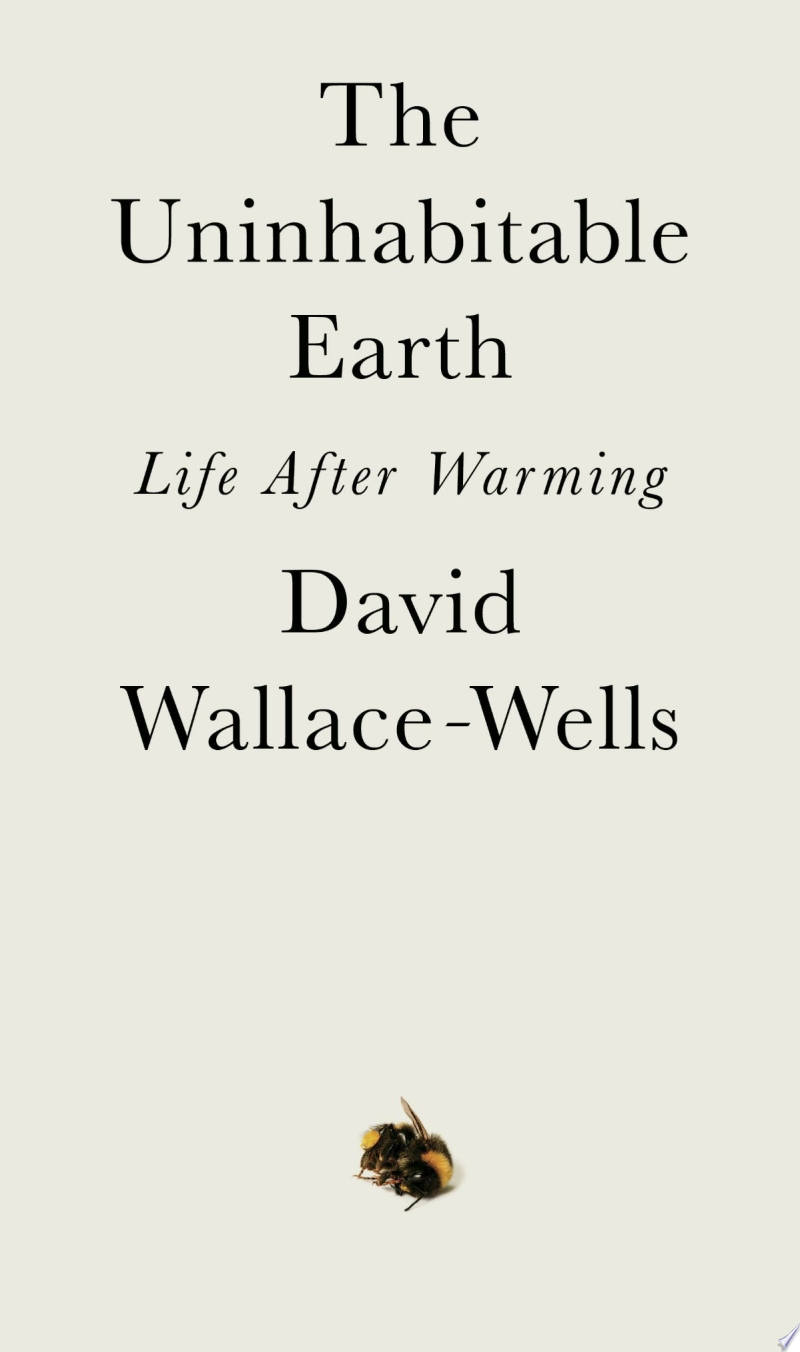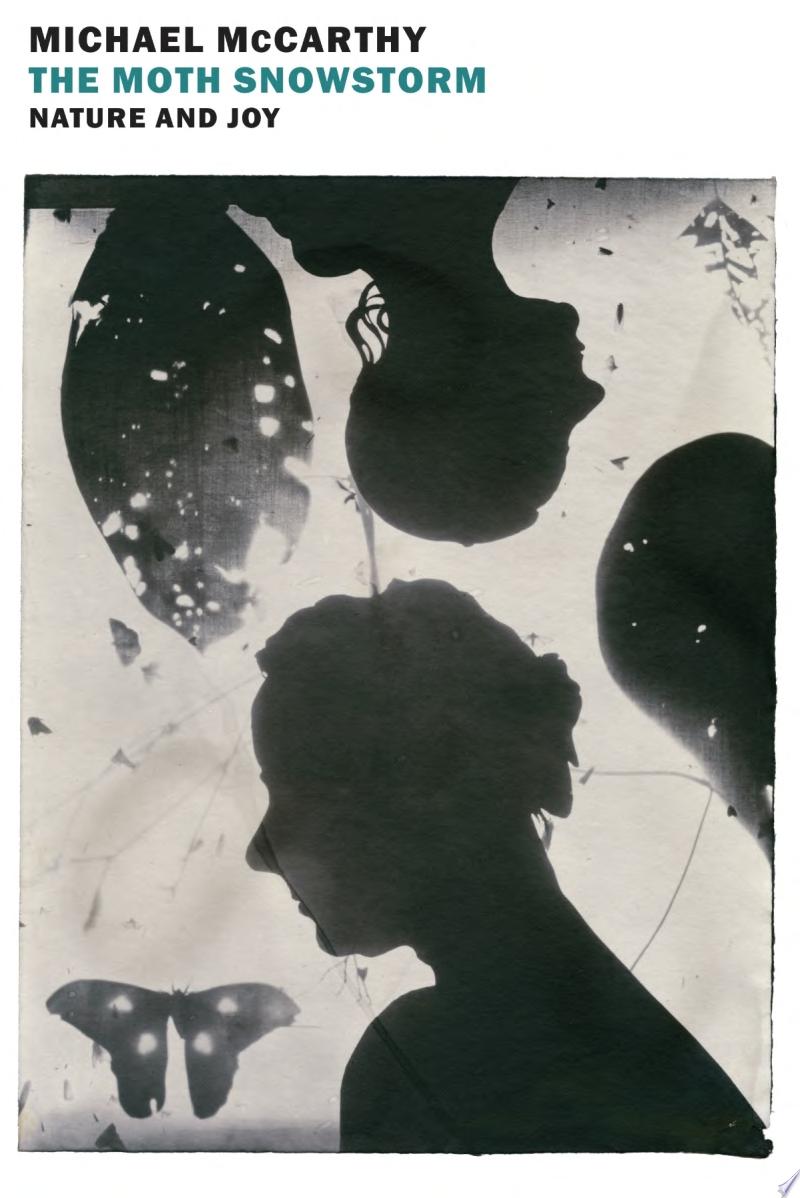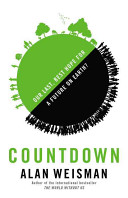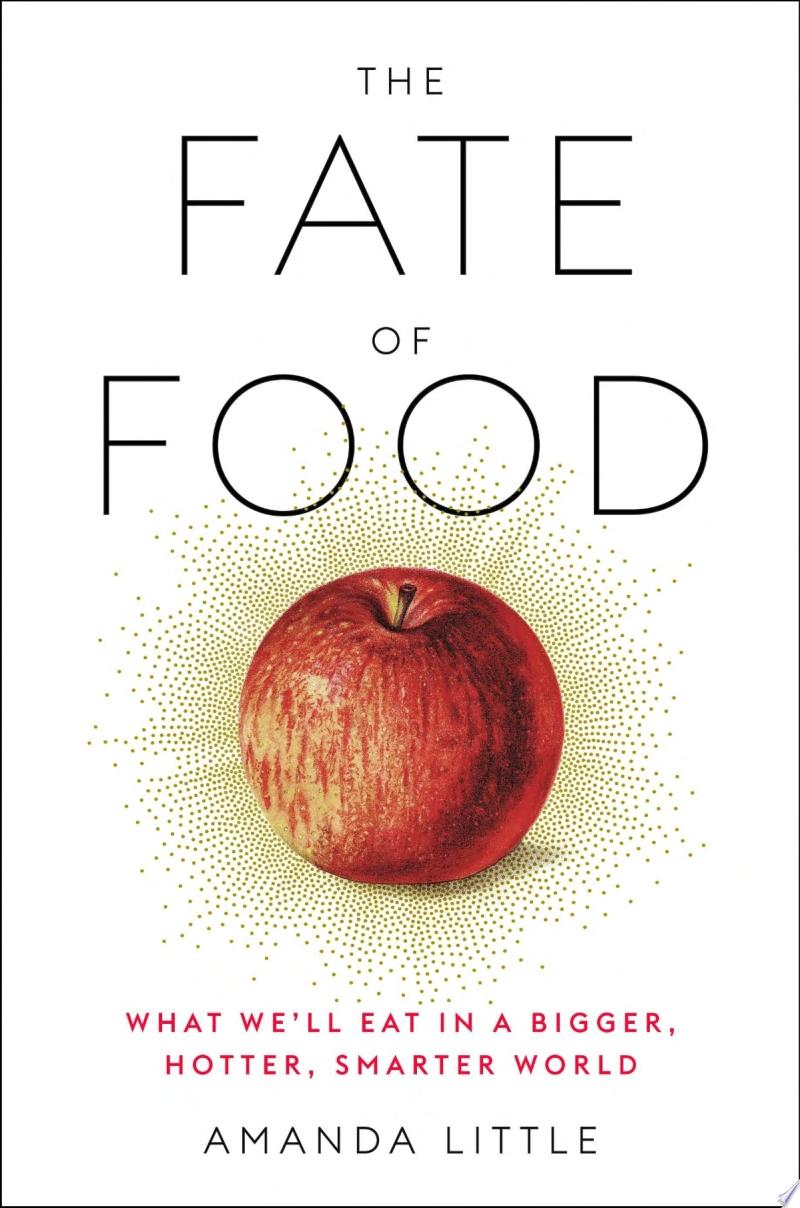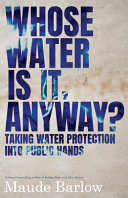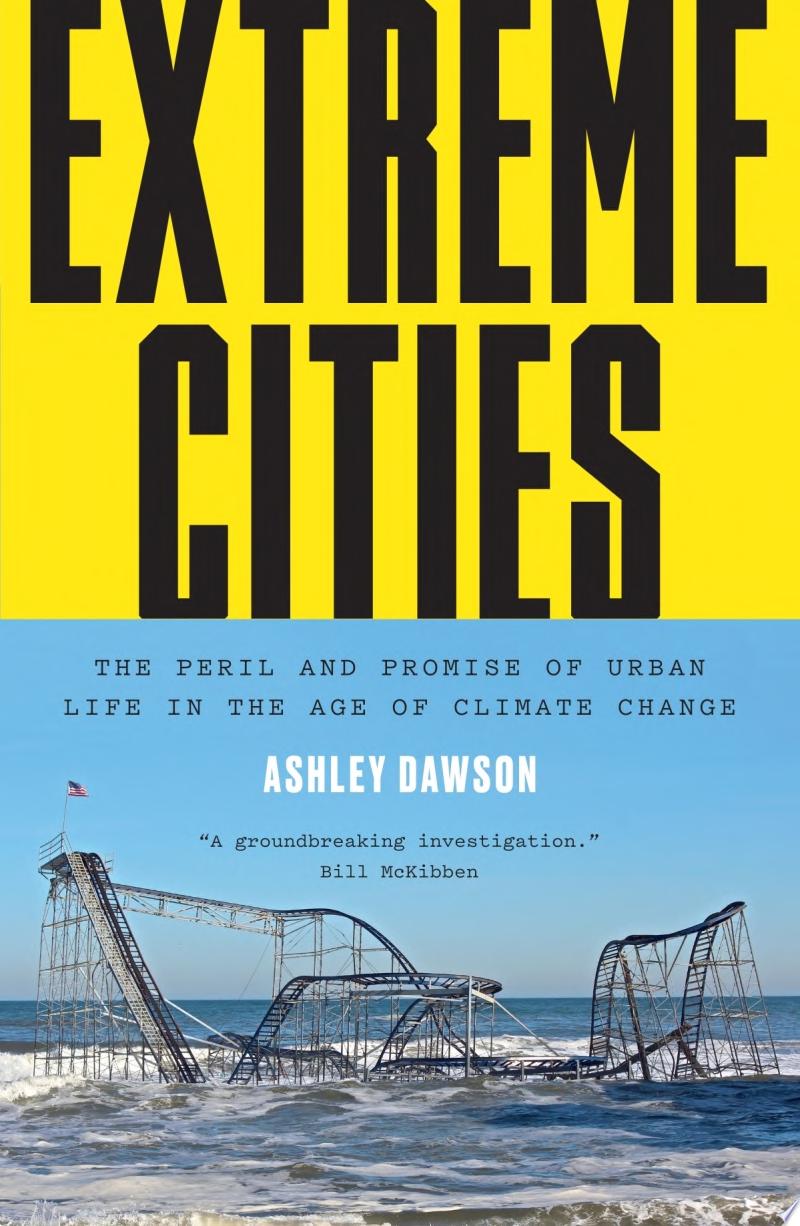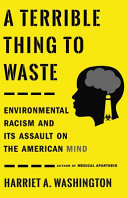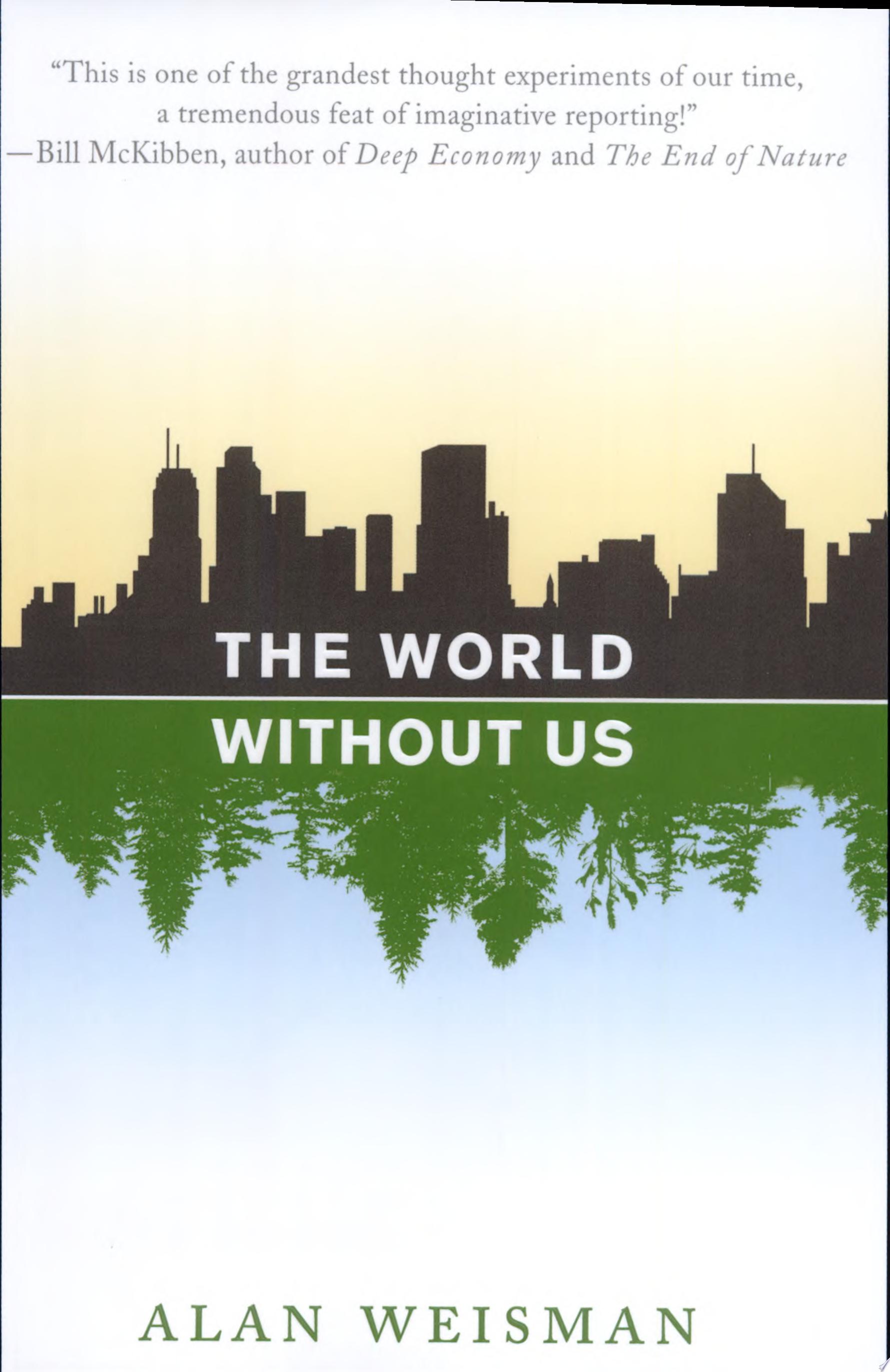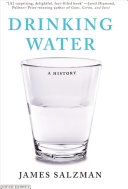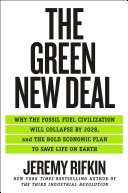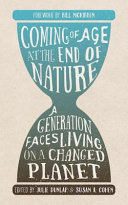No Hard Feelings
Liz Fosslien
Wall Street Journal Bestseller!
Next Big Idea Club selection―chosen by Malcolm Gladwell, Susan Cain, Dan Pink, and Adam Grant as one of the "two most groundbreaking new nonfiction reads of the season!"
"A must-read that topples the idea that emotions don't belong in the workplace."
--Susan Cain, author of Quiet
A hilarious guide to effectively expressing your emotions at the office, finding fulfillment, and defining work-life balance on your own terms.
How do you stop the office grouch from ruining your day? How do you enjoy a vacation without obsessing about the unanswered emails in your inbox? If you're a boss, what should you do when your new, eager hire wants to follow you on Instagram?
The modern workplace can be an emotional minefield, filled with confusing power structures and unwritten rules. We're expected to be authentic, but not too authentic. Professional, but not stiff. Friendly, but not an oversharer. Easier said than done!
As both organizational consultants and regular people, we know what it's like to experience uncomfortable emotions at work - everything from mild jealousy and insecurity to panic and rage. Ignoring or suppressing what you feel hurts your health and productivity -- but so does letting your emotions run wild.
Our goal in this book is to teach you how to figure out which emotions to toss, which to keep to yourself, and which to express in order to be both happier and more effective. We'll share some surprising new strategies, such as:
* Be selectively vulnerable: Be honest about how you feel, but don't burden others with your deepest problems.
* Remember that your feelings aren't facts: What we say isn't always what we mean. In times of conflict and miscommunication, try to talk about your emotions without getting emotional.
* Be less passionate about your job: Taking a chill pill can actually make you healthier and more focused.
Drawing on what we've learned from behavioral economics, psychology, and our own experiences at countless organizations, we'll show you how to bring your best self (and your whole self) to work every day.
